Description
Microsoft Exchange 2016 Server Standard with 10 CALs | Full Retail
This is a full Retail key for Microsoft Exchange Server 2016 Standard.
You will receive a license key and a download link to the Exchange Server installation files.
This license is a full Retail license. It comes with 10 CALs (Client Access Licenses). No core/CPU licenses are included – just the 10 CALs. No license documentation is provided.
NO RETURNS ARE ACCEPTED. There is no way for us to check if you have activated the software or not, so returns cannot be accepted for this item.
Please note for any type of Microsoft Audit or HIPAA Compliance you only need proof of purchase. Simply ask us for your official receipt/invoice for any future inquires.
Getting the correct Microsoft Product to fit your needs can be tricky and confusing. Please ask any and all questions before purchase. For immediate assistance and support please just ask us.
The new Microsoft Exchange 2016 Server:
Exchange Server 2016 will ship with just two server roles:
Mailbox server role – this role will consolidate the Mailbox and Client Access roles from Exchange Server 2013. Compared to Exchange Server 2010 this role consolidates all of the functions of the Client Access, Mailbox, Hub Transport, and Unified Messaging server roles. The Mailbox server role in Exchange Server 2016 is the only mandatory server role, and the consolidation reinforces the recommended practice since Exchange Server 2010 to deploy Exchange as a multi-role server instead of deploying individual roles to separate servers.
Edge Transport server role – this role will be much the same as Edge Transport in previous versions of Exchange, designed to sit in perimeter networks and provide secure inbound and outbound mail flow for the organization.
DIFFERENCE BETWEEN THE STANDARD AND ENTERPRISE EDITIONS
For Exchange Server 2016 there are two editions of the server product itself, and there is only one difference between them which is the number of mounted databases per server.
Exchange 2016 Server Standard Edition – maximum of 5 mounted databases per server
Exchange 2016 Server Enterprise Edition – maximum of 100 mounted databases per server
Microsoft’s definition of a “mounted database” is:
“A mounted database can be an active mailbox database that is mounted for use by clients, or a passive mailbox database that is mounted in recovery for log replication and replay. While you can create more databases than the limits described above, you can only mount the maximum number specified above. The recovery database does not count towards this limit.”
EXCHANGE SERVER 2016 HIGH AVAILABILITY
The Database Availability Group (DAG) remains the high availability model for back-end components (databases), and load balancing for the client-facing endpoints (for services such as Outlook Anywhere, Outlook Web App, ActiveSync, Exchange Web Services, etc).
There are many changes under the hood that improve the performance, stability and functionality of Exchange in HA deployments. Included in RTM:
DAGs will be created without an IP address and administrative access point by default.
Replay Lag Manager will be enabled by default.
Database failover times are reduced by 33% compared to Exchange Server 2013.
EXCHANGE 2016 Server CONNECTIVITY AND INTEGRATION
MAPI-over-HTTP was introduced in Exchange Server 2013 although it was disabled by default. In Exchange Server 2016 MAPI-over-HTTP is being prioritzed as the Outlook client connectivity protocol and RPC-over-HTTP is now de-emphasised, indicating it will be phased out in future versions of Exchange.
Mobile connectivity gets some sync and calender improvements with a newActiveSync version 16 rolling out in Exchange Online and planned to be included with Exchange Server 2016. Also included in the new release:
Integration with Office Web Apps Server for document preview and editing capabilities in OWA.
REST APIs for mail, calendar and contacts (first introduced in Office 365) will be available in Exchange Server 2016 in a later Cumulative Update.
DEPLOYING EXCHANGE SERVER 2016
The current system requirements for Exchange Server 2016 include:
Windows Server 2008 R2 or higher domain controllers and global catalog servers
Windows Server 2008 R2 or higher domain and forest functional levels
Windows Server 2012 R2 or higher operating system (Windows Server “10” support is expected but can’t be formalised until it ships as well)
Co-existence with Exchange Server 2010 SP3 RU11 and Exchange Server 2013 CU11 (neither of which are released yet)
ALWAYS ON
Exchange Server 2016 helps to ensure your communications are always available while you remain in control.
The Exchange building block model simplifies deployments at all scales, standardizes high availability and client load balancing, and improves cross-version interoperability.
Enjoy more uptime through faster failover times and support for multiple databases per volume.
A built-in monitoring and managed availability solution provides self-healing features to automatically recover from failures.
Simplified load-balancing options improve flexibility and scale even while reducing cost.
Reduce storage costs by using larger, less expensive disks.
SECURE AND COMPLIANT
Get integrated functionality that eases regulatory compliance and reduces discovery cost.
Data Loss Prevention (DLP) capabilities prevent users from mistakenly sending sensitive information to unauthorized people, while informing them of internal compliance policies.
Keep all your important data in one place by giving users an In-Place Archive with a native, well-integrated user experience.
Run In-Place eDiscovery across Exchange, SharePoint, and Lync data from a single interface through the eDiscovery Center.
Mobile device policies let you create approved mobile device lists, enforce PIN lock, and remove confidential company data from lost phones.
EASY TO DEPLOY AND MAINTAIN
Exchange Server 2016 offers flexible deployment options and helps decrease the amount of time spent managing your messaging systems.
Simplify deployment with custom instructions for installing or upgrading to Exchange.
Manage your organization efficiently with the Exchange Administration Center, an easy-to-use, web-based interface.
Delegate permissions to specialist users based on job function, such as eDiscovery for compliance officers, without giving them access to the entire Exchange management interface.
Move to the cloud on your terms with full deployment flexibility—whether on-premises, in the cloud, or a hybrid combination of the two.
Thanks for considering Exchange 2016 Server Standard.
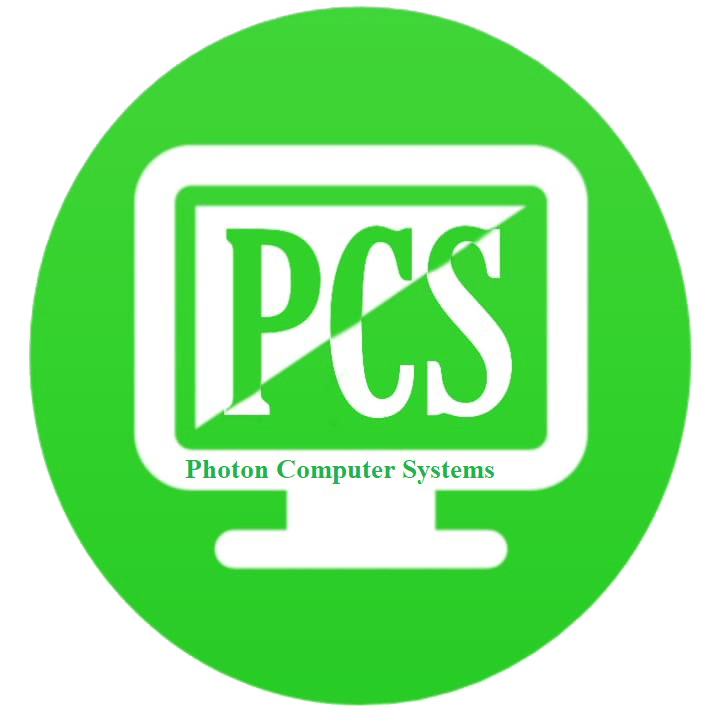
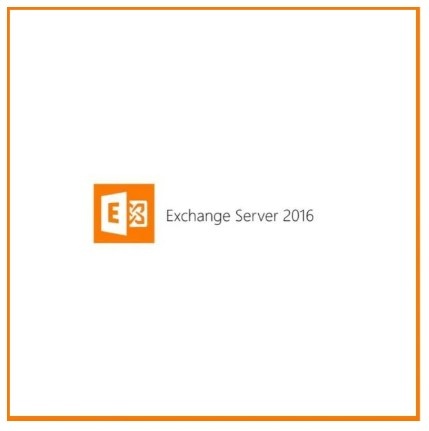
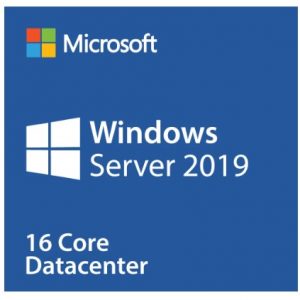

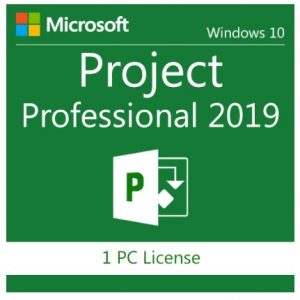
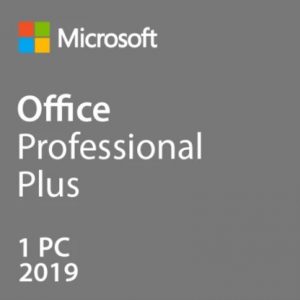
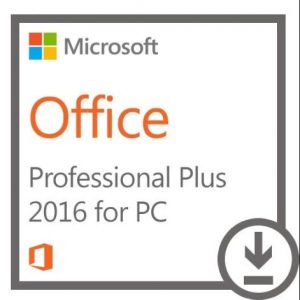
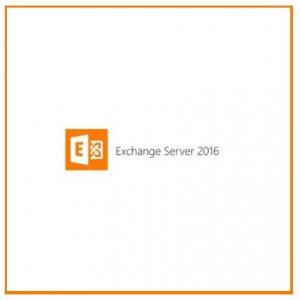
There are no reviews yet.